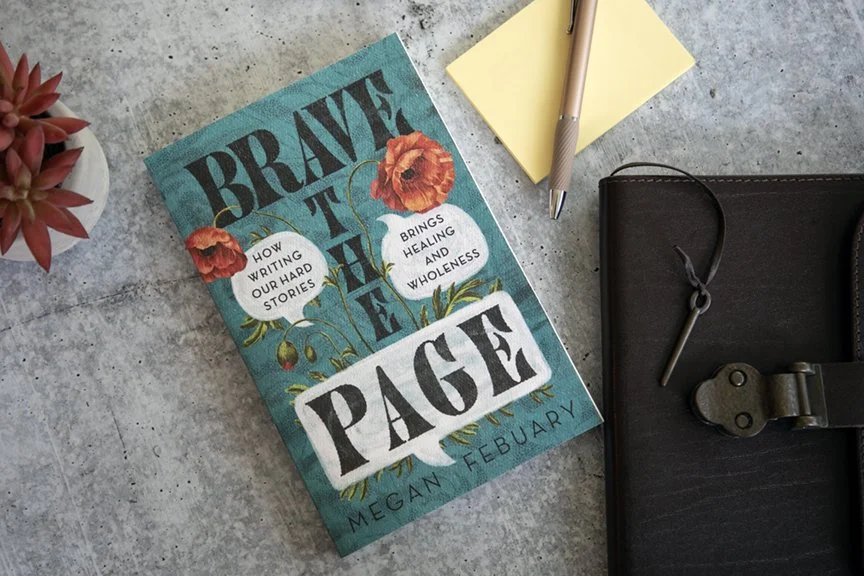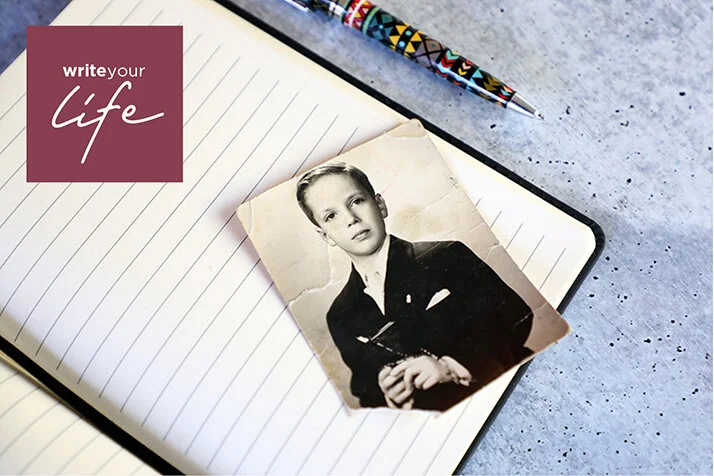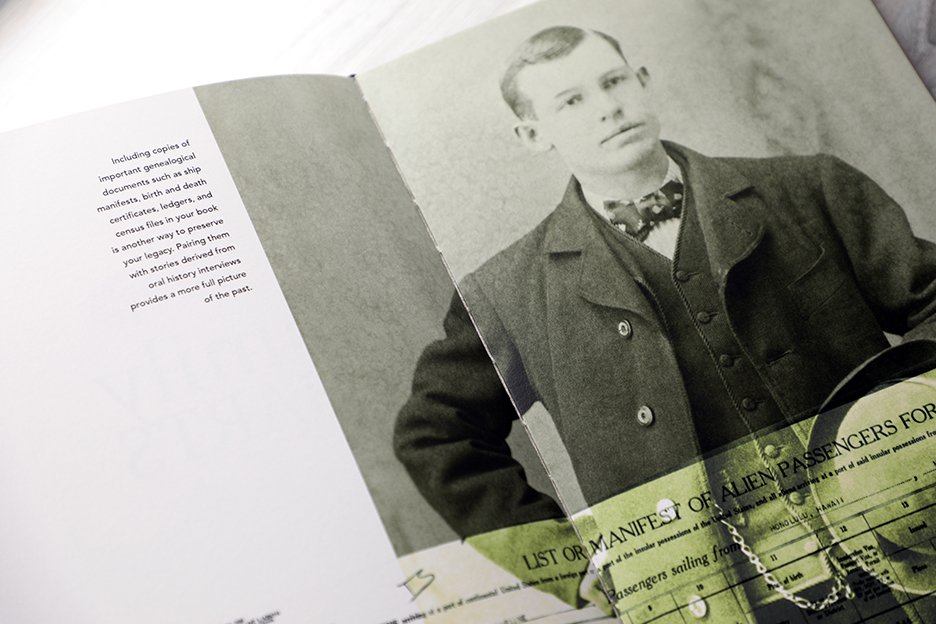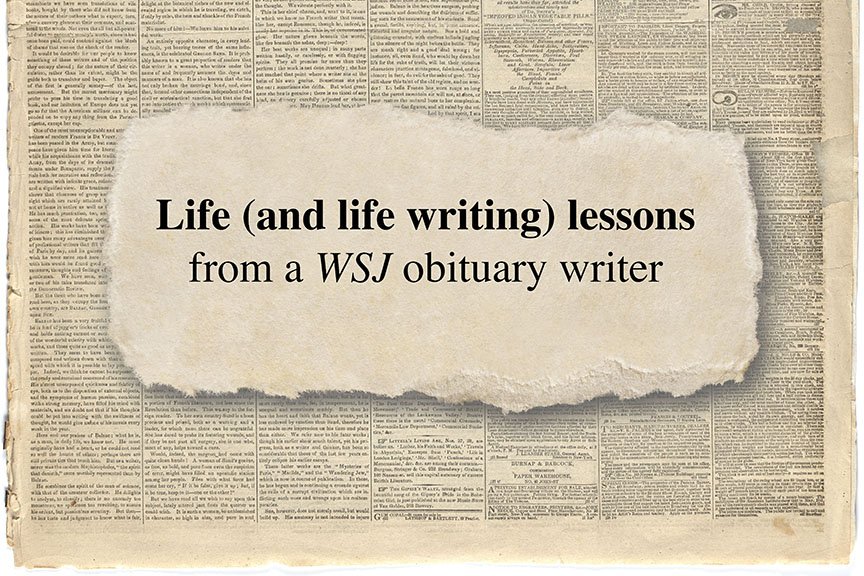Think you’re too busy to write about your life? Think again.
Want to commit to writing your memoir? Let’s do this together! I’ll give you three ways to make the process more efficient so it takes less time; and you need to say “yes” to carving out space on your schedule. Ready?
We live in a culture of busy-ness—we’re all busy, all of the time. But are you allocating your time to things you love, or to things that satisfy others in your life (your boss, your children, your spouse, your friends)? I won’t pontificate about why I think it’s important to be mindful of the trap of busy-ness, but I will offer some tips for making time to focus on a passion project you’ve been thinking about for a while…and cross my fingers that you take steps to get started, at long last.
In this case, I am suggesting three ways to make time for writing about your life—but if your goal is something else creative, many of these tenets hold true.
Want to write your memoir? Do these 3 things to make the time.
1 - Set small goals.
Forget about the memoir you envision, with that favorite childhood photo of you on the cover, and that dedication to your beloved mom. Don’t even think about what printer you might use, or where you will end. Instead, focus on one story at a time.
I am not advocating sitting down to write with nary a notion of where you are heading (though, if that gets your pen moving, then so be it!). Rather, I suggest planning your life story book by first organizing your family archive; then drafting a life timeline; and, next, narrowing down themes you would like to write about.
Once these architectural elements are done, you may begin writing. Create a regular schedule with reasonable expectations—perhaps 500 words a day, or if you are fitting your memoir writing in amidst full-time work responsibilities, maybe 1,500 words every weekend. Or ignore word counts altogether and tackle one story at a time.
Declare goals for yourself and set corresponding deadlines for accountability. Then, focus only on one goal at a time. You’ll see that as you start ticking off your objectives along the way, your momentum will carry you forward. With each story you write, I am willing to bet 10 more will pop into your head as future ideas!
2 - Narrow your topic.
During the prep work I recommend in the previous step, you should have narrowed down some themes for your memoir. I go into more detail about that here, but for now I want to encourage you to go even further: Take a look at the themes you may have chosen, then see how you might hone in on them even more.
Did you decide to write about your family travels growing up? Narrow your focus to, maybe, “What I learned driving around small-town America in my youth”; or “How taking pictures of my childhood travels helped me appreciate the world.” Note that while you of course can narrow a theme down from a subject perspective (instead of all your travels, focus on those in the United States or those from just your teen years), you can also narrow your focus by writing towards a lesson or insight.
The more precisely you can whittle your theme, the easier it will be to tackle writing about it.
3 - Say goodbye to perfectionism.
Ever heard the saying “Done is better than perfect”? Nothing will hamper your writing more than trying to get it perfect the first—even the second—time around.
Free writing exercises such as this one will hopefully get the words and ideas flowing, even if they are on a topic different from what you’d like to write about on any given day. Consider beginning your writing practice with a 10-minute free write, then shifting into writing about your self-assigned topic. Doing so often alleviates pressure and allows us to dive right in.
Don’t edit along the way, either. Just write. Get your thoughts down. Memoirist Anne Lamott has memorialized the expression “shitty first draft,” and writes in her beautifully encouraging Bird by Bird,
“The first draft is the child’s draft, where you let it all pour out and then let it romp all over the place, knowing that no one is going to see it and that you can shape it later… just get it all down on paper, because there may be something great in those six crazy pages that you would never have gotten by more rational, grown-up means.”
Is it perfection in life rather than perfection on the page you are concerned with? I’m no therapist, but I can say with conviction that none of us is perfect, and that we learn (and teach) from our struggles and failures, so writing about them can be valuable. Allow yourself to be vulnerable, remembering this caveat at all times: Just because you write it doesn’t mean anyone else has to read it! You maintain full control of your words and stories; you can rip them up or delete a file any time. But don’t be hasty: Give yourself some emotional and temporal distance from your writing before making such an assessment. If you’ve allowed yourself to be vulnerable in your memoir writing and then find yourself questioning if you went too far, wait a month and go back to read your words afresh. You may surprise yourself with the level of nuance and honesty in your writing. Ask yourself, Would one of my loved ones appreciate and relate to my words one day?
I admit, I didn’t manufacture more time in your schedule. But I hope I made the notion of writing about your life more approachable—and more efficient, so you can indeed fit it into your days. Start saying ‘no’ to things that don’t feed your soul, and start saying ‘yes’ to things such as this that you want to do but haven’t yet…! Set up a free half-hour consultation if you’d like a professional memoir coach to help guide you.






























Stay inspired with 52 weekly writing prompts for journaling and family history. Capture memories, dreams, and stories big and small. Bonus: Downloadable guide!